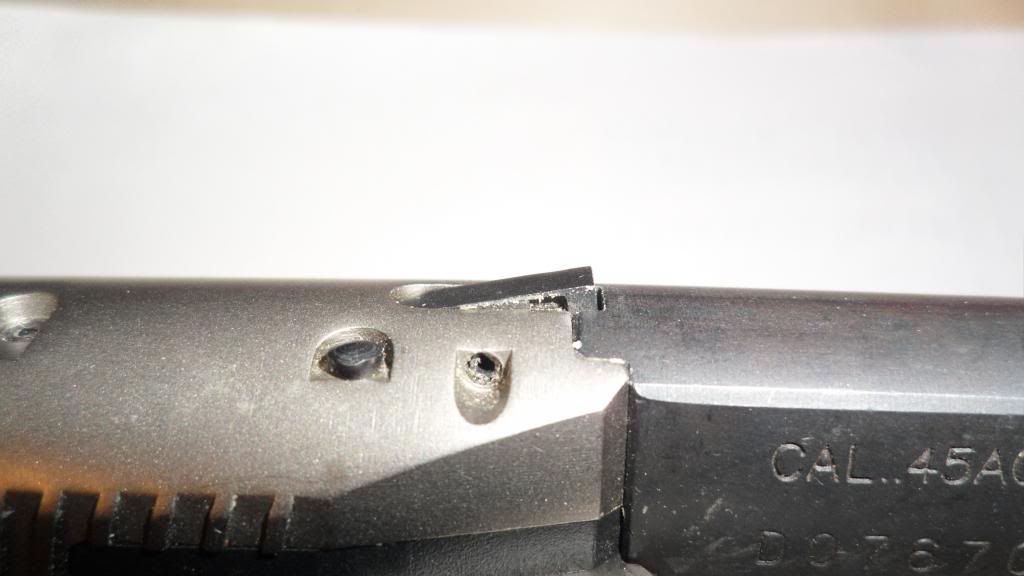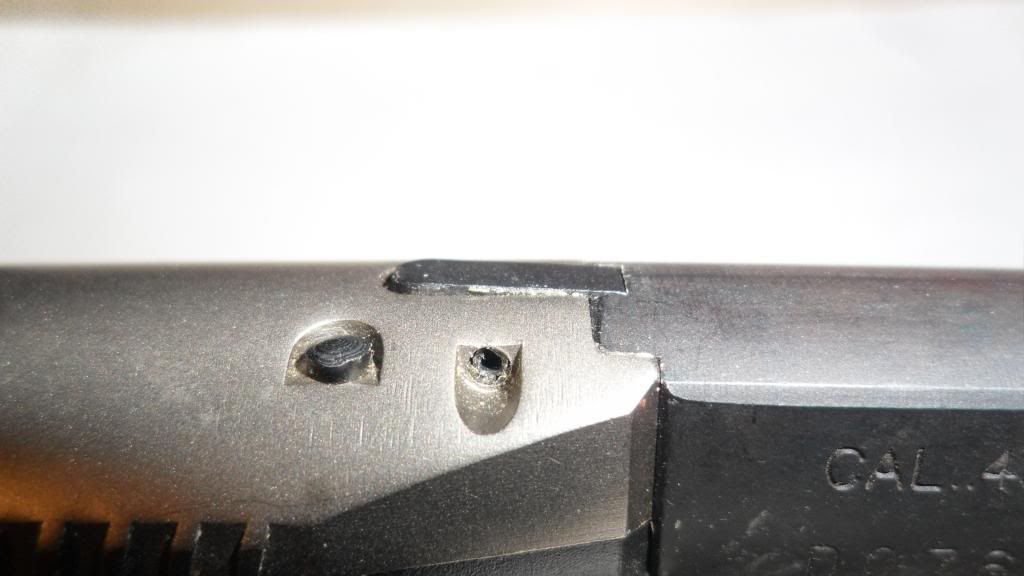I press check (or actually open the cylinder to check, I carry a revolver) every time I start the day. Even knowing its loaded because I don't unload it. Just a habit I got into when I first started carrying a long time ago (in the
60s).
Not only that, I've I'm working with a partner that I may have to depend on I check his gun to insure it's loaded.
I learned that the hard way. A long time ago I was a FTO, (field training officer). My rookie and I were on a (drunk) barricaded man w/gun call who had threatened his family with a gun chasing them out of the house. We had to go get him. (We didn't have SWAT teams back then, something we just had to do).
Anyway after sneaking/crawling through the house looking for the guy (which took what seemed like hours) we found he got tired of waiting for us and passed out. No biggie, we got the gun and secured the bad guy without incident.
We had a indoor range next to the briefing room and every night after shift I went and shot a bit. On this night, I took my rookie to the range only to find out he spent the whole night with an empty revolver. I almost had a heart attack. Did a bit of cursing my rookie who had the habit of unloading his service revolver when he got home so his small kids wouldn't get it.
Anyway that was the last night I didn't check my rookies gun prior to shift, and mine. I habit I still follow.
I not in the game any more but I still shoot a lot of different type of matches, I'm forever seeing people getting "clicks" on the first shot after the timer goes off.
A lot of guns out there have "loaded round" indicators, I think they are a good ideas, I have a couple, but for some reason old habits die hard. I usually forget about them and when the command "load and be ready" is given (using a semi) I always press check before I re-holster.
I also give my magazine a good whack when I insert it, I've done it and I've seen it done more then once, where one doesn't get the magazine inserted properly and the slide fails to pick up a round on the first cycle.
Not so much with revolvers, I load and close the cylinder, kind of hard to screw that up.
But for my carry revolver, I always check it when I start my day, maybe again if I start out somewhere.


